DARPA’s answer in defending the US from Gene Editing Warfare.
DARPA has announced a new program to develop security procedures and remedial protocols to protect against the misuse of gene editing technologies.
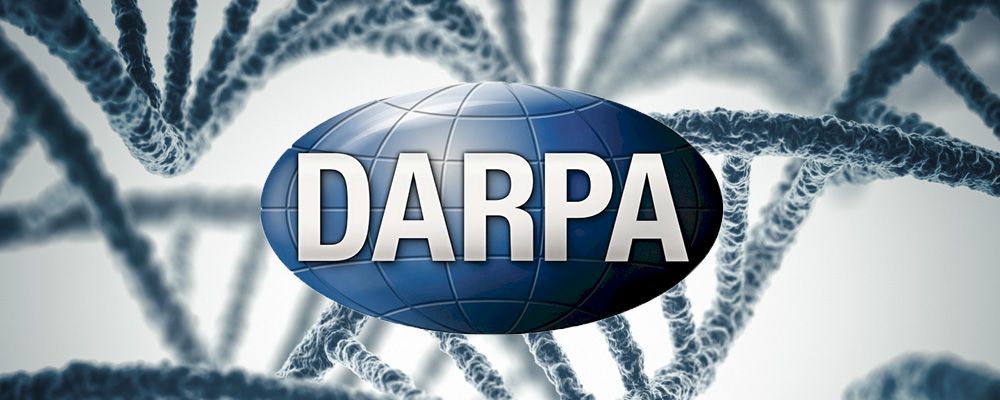
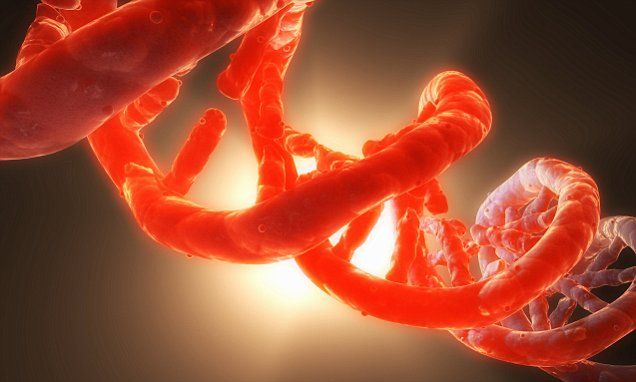
Recent plans to use these techniques to obstruct mosquitoes’ disease-carrying abilities have raised concerns from both experts and the public, and some have even argued that the tool can be used to create biological weapons.
Now, the US Defense Advanced Research Projects Agency has revealed a new program that aims to set a ‘safe course’ for this field, with hopes that their toolkit can work both to support bio-innovation and combat bio-threats.

OAHU, HAWAI’I — As thousands of government representatives and conservationists convene in Oahu this week for the 2016 World Conservation Congress, international conservation and environmental leaders are raising awareness about the potentially dangerous use of gene drives — a controversial new synthetic biology technology intended to deliberately cause targeted species to become extinct.
Members of the International Union for the Conservation of Nature (IUCN), including NGOs, government representatives, and scientific and academic institutions, overwhelmingly voted to adopt a de facto moratorium on supporting or endorsing research into gene drives for conservation or other purposes until the IUCN has fully assessed their impacts. News of the August 26 digital vote comes as an important open letter to the group is being delivered.
Scientists and environmental experts and organizations from around the globe have advocated for a halt to proposals for the use of gene drive technologies in conservation. Announced today, a long list of environmental leaders, including Dr. Jane Goodall, DBE, genetics professor and broadcaster Dr. David Suzuki, Dr. Fritjof Capra, entomologist Dr. Angelika Hilbeck, Indian environmental activist Dr. Vandana Shiva and organic pioneer and biologist Nell Newman, have lent their support to the open letter: “A Call for Conservation with a Conscience: No Place for Gene Drives in Conservation.” The letter states, in part: “Gene drives, which have not been tested for unintended consequences, nor fully evaluated for ethical and social impacts, should not be promoted as conservation tools.”

Biohacking, nootropics, and the notion of optimizing one’s human performance are on a rapid rise. Nootrobox founders Geoffrey Woo and Michael Brandt are some of the foremost thinkers in this space, and they are here to have intellectual conversations that will make you THINK.
Episode 9 features Aubrey de Grey, the Chief Scientist Officer of the SENS Research Foundation. In this episode, Geoff, Michael, and Aubrey discuss the nuances of aging and health and their differing opinions and tactics of how to fully optimize these notions.
Nootrobox Twitter: twitter.com/nootrobox
Nootrobox Instagram: www.instagram.com/nootrobox/
SUBSCRIBE for updates on the latest Nootrobox content! ⚡️.

The future frontier for hackers is synthetic biology.
Landmark scientific projects such as the Human Genome Project can encourage international cooperation and bring nations together. However, when security interests and defence research align with the prestige of a landmark project—international competition is all but assured. Synthetic biology is a scientific discipline less than a decade old, and the potential defence and security applications may create a new space race, this time between the USA and China.
The larger concern is not that this race may happen, but that if it does it will politicise and militarise an ethically sensitive area of the life sciences at a time when this frontier technology is critical to maintaining a sustainable world.
The Human Genome Project (HGP) cost about US$300 million (A$394 million), involved 20 international institutions and sequenced the human genome in just over a decade. The draft sequence was published in February 2001 and has driven economic, health and social benefits the world over for the last 15 years. To a very large extent this research project underpins the modern life sciences and is the equivalent of landing on the moon.
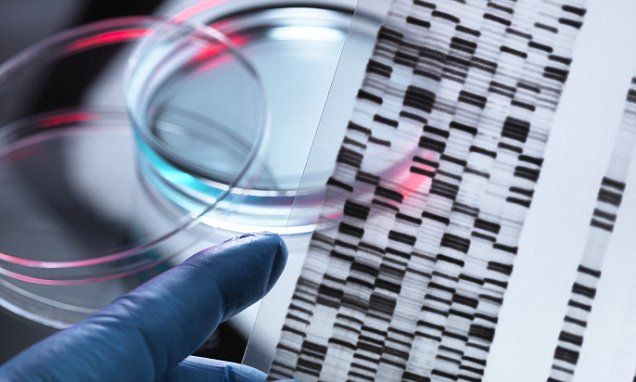
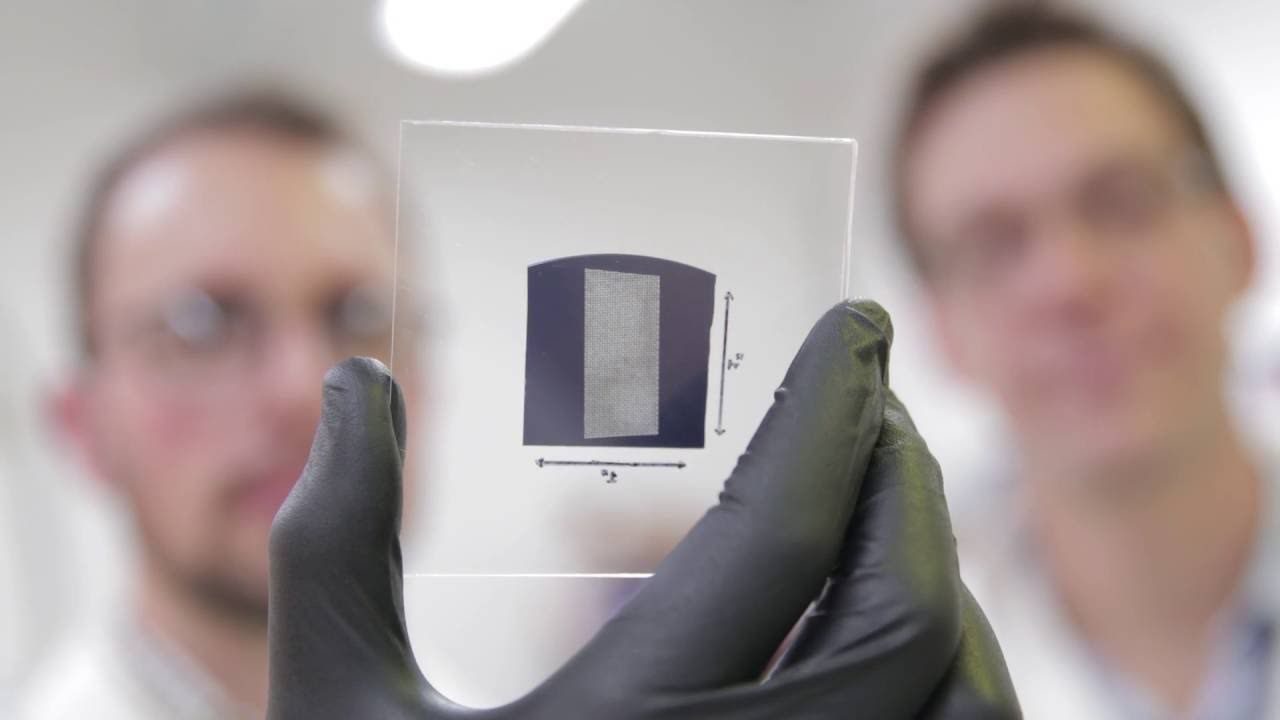
But a number of challenges have impeded the development of high-performance transistors made of carbon nanotubes, tiny cylinders made of carbon just one atom thick. Consequently, their performance has lagged far behind semiconductors such as silicon and gallium arsenide used in computer chips and personal electronics.
Now, for the first time, University of Wisconsin–Madison materials engineers have created carbon nanotube transistors that outperform state-of-the-art silicon transistors.
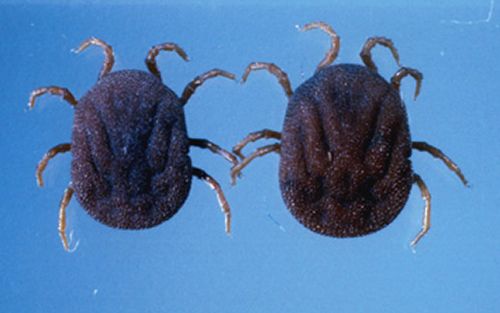
I remember 4 years ago at a CIO Life Sciences Conference in AZ when one of the leaders over a research lab mention the desire to finally enable patients to share their entire DNA sequence on a thumb drive with their doctor in order to be treated properly as well as have insights on the patient’s future risks. However, limitations such as HIPAA was brought up in the discussion. Personally, with how we’re advancing things like synthetic biology which includes DNA data storage, cell circuitry, electronic tattoos, etc. thumb drive maybe too outdated.
The circle that is personalized medicine consists of more than just doctor, patient, and patient data. Other elements are in the loop, such as EHR systems that incorporate gene-drug information and updated clinical guidelines.

Chromatin proteins have expanded the mammalian synthetic biology toolbox by enabling control of active and silenced states at endogenous genes. Others have reported synthetic proteins that bind DNA and regulate genes by altering chromatin marks, such as histone modifications. Previously we reported the first synthetic transcriptional activator, the “Polycomb-based transcription factor” (PcTF), that reads histone modifications through a protein-protein interaction between the PCD motif and trimethylated lysine 27 of histone H3 (H3K27me3). Here, we describe the genome-wide behavior of PcTF. Transcriptome and chromatin profiling revealed PcTF-sensitive promoter regions marked by proximal PcTF and distal H3K27me3 binding. These results illuminate a mechanism in which PcTF interactions bridge epigenetic marks with the transcription initiation complex. In three cancer-derived human cell lines tested here, many PcTF-sensitive genes encode developmental regulators and tumor suppressors. Thus, PcTF represents a powerful new fusion-protein-based method for cancer research and treatment where silencing marks are translated into direct gene activation.
OAHU, HAWAI’I —(ENEWSPF)–September 1, 2016. As thousands of government representatives and conservationists convene in Oahu this week for the 2016 World Conservation Congress, international conservation and environmental leaders are raising awareness about the potentially dangerous use of gene drives — a controversial new synthetic biology technology intended to deliberately cause targeted species to become extinct.
Members of the International Union for the Conservation of Nature (IUCN), including NGOs, government representatives, and scientific and academic institutions, overwhelmingly voted to adopt a de facto moratorium on supporting or endorsing research into gene drives for conservation or other purposes until the IUCN has fully assessed their impacts. News of the August 26 digital vote comes as an important open letter to the group is being delivered.
Scientists and environmental experts and organizations from around the globe have advocated for a halt to proposals for the use of gene drive technologies in conservation. Announced today, a long list of environmental leaders, including Dr. Jane Goodall, DBE, genetics professor and broadcaster Dr. David Suzuki, Dr. Fritjof Capra, entomologist Dr. Angelika Hilbeck, Indian environmental activist Dr. Vandana Shiva and organic pioneer and biologist Nell Newman, have lent their support to the open letter: “A Call for Conservation with a Conscience: No Place for Gene Drives in Conservation.” The letter states, in part: “Gene drives, which have not been tested for unintended consequences, nor fully evaluated for ethical and social impacts, should not be promoted as conservation tools.”